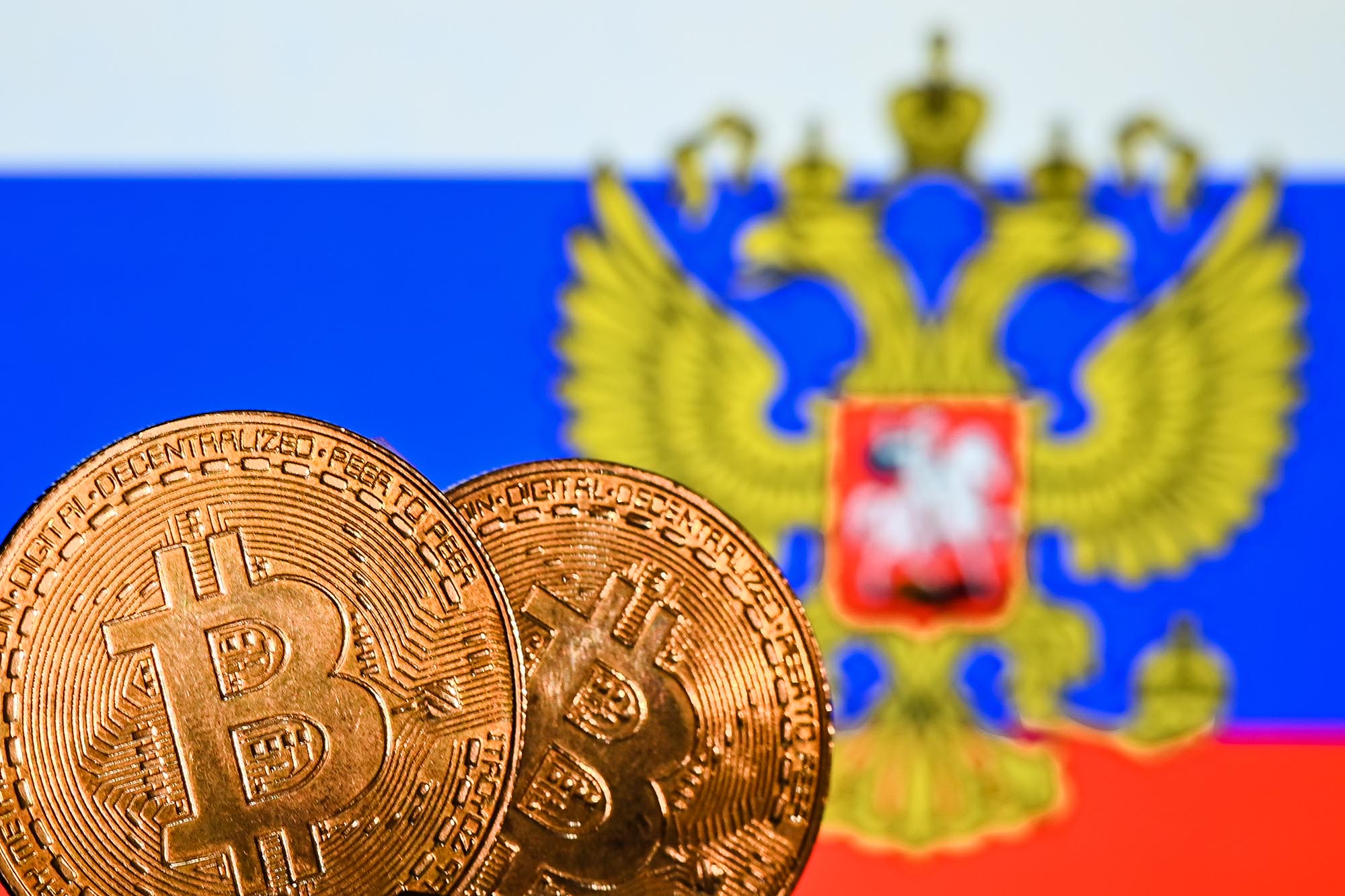Russia’s New Crypto Bill Misinterpreted as Major Policy Change
31.07.2024 18:15 2 min. read Alexander Stefanov
Recently, misleading information spread claiming that Russia had officially adopted Bitcoin mining and cryptocurrency payments.
According to social media posts, Russia was said to have “embraced crypto,” “legalized cryptocurrencies,” and “approved a bill on cryptocurrency mining” while treating Bitcoin and crypto as foreign currency.
This information is largely inaccurate and was not part of a deliberate Kremlin disinformation campaign. Instead, the confusion stems from a lack of understanding about Russian legislation and the Kremlin’s history of making symbolic or non-committal statements about cryptocurrency.
Here’s what actually happened with Russia’s cryptocurrency legislation: The lower house of Russia’s parliament, the State Duma, passed a bill today allowing certain Russian businesses to use cryptocurrency for international transactions, not for domestic payments. This is the extent of the news—the passage of a bill, which has been known since November 2022, and which still requires enactment.
The bill will not take effect immediately. According to Reuters, implementation is not expected until September at the earliest, with the first transactions under this law expected later in the year.
Furthermore, the bill does not address domestic cryptocurrency use. It is focused solely on international payments and mining operations not related to trading or payments. Additionally, the bill mandates that Russia’s central bank develop new infrastructure for these transactions, but this infrastructure is still in the planning stages with no confirmed timeline for its rollout.
-
1
Arizona Rejects Bitcoin Reserve Bills, Approves Protections at Crypto ATMs
14.05.2025 13:00 1 min. read -
2
Trump Set to Sign Landmark Crypto Regulation Bill Before August
15.05.2025 19:00 2 min. read -
3
New Russian Law Would Classify Bitcoin as Seizable Property
21.05.2025 21:00 1 min. read -
4
Hong Kong Opens Stablecoin Licensing as It Positions for Web3 Leadership
23.05.2025 19:00 2 min. read -
5
UK Sets 2026 Deadline for Crypto Firms to Report Every User Transaction
19.05.2025 17:00 2 min. read
SEC Is Backing Away from Memecoin Regulation – Here’s Why
The U.S. Securities and Exchange Commission has made it clear it will no longer involve itself in regulating memecoins—tokens often driven by internet culture, hype, and political branding.
U.S. Lawmakers Push Forward with Crypto Regulatory Reform
Efforts to bring much-needed legal structure to the U.S. digital asset market took a leap forward with the introduction of the Digital Asset Market Clarity Act—a bill designed to lay the groundwork for coherent crypto regulation.
Thailand Looks to Crypto for Tourism Boost and Financial Reform
Thailand is preparing to weave digital assets into its tourism and financial infrastructure, starting with a pilot program that would let visitors pay in crypto through card-linked platforms.
Crypto Industry Pressures SEC for Clear Staking Rules as Dialogue Improves
Leading voices in the digital asset space are calling on U.S. regulators to break their silence on staking.
-
1
Arizona Rejects Bitcoin Reserve Bills, Approves Protections at Crypto ATMs
14.05.2025 13:00 1 min. read -
2
Trump Set to Sign Landmark Crypto Regulation Bill Before August
15.05.2025 19:00 2 min. read -
3
New Russian Law Would Classify Bitcoin as Seizable Property
21.05.2025 21:00 1 min. read -
4
Hong Kong Opens Stablecoin Licensing as It Positions for Web3 Leadership
23.05.2025 19:00 2 min. read -
5
UK Sets 2026 Deadline for Crypto Firms to Report Every User Transaction
19.05.2025 17:00 2 min. read


